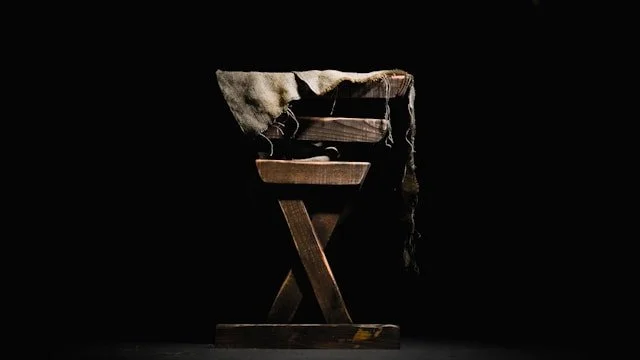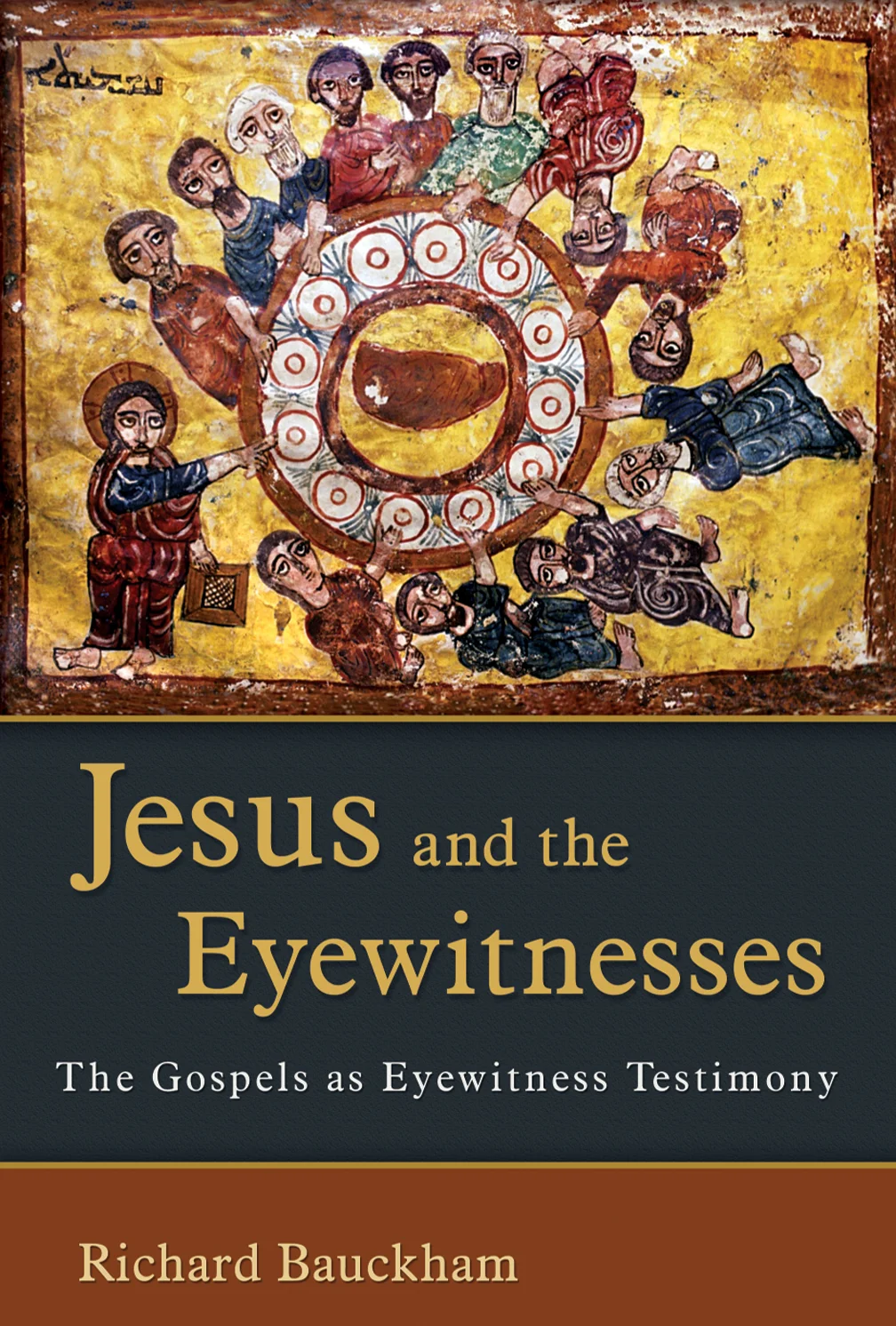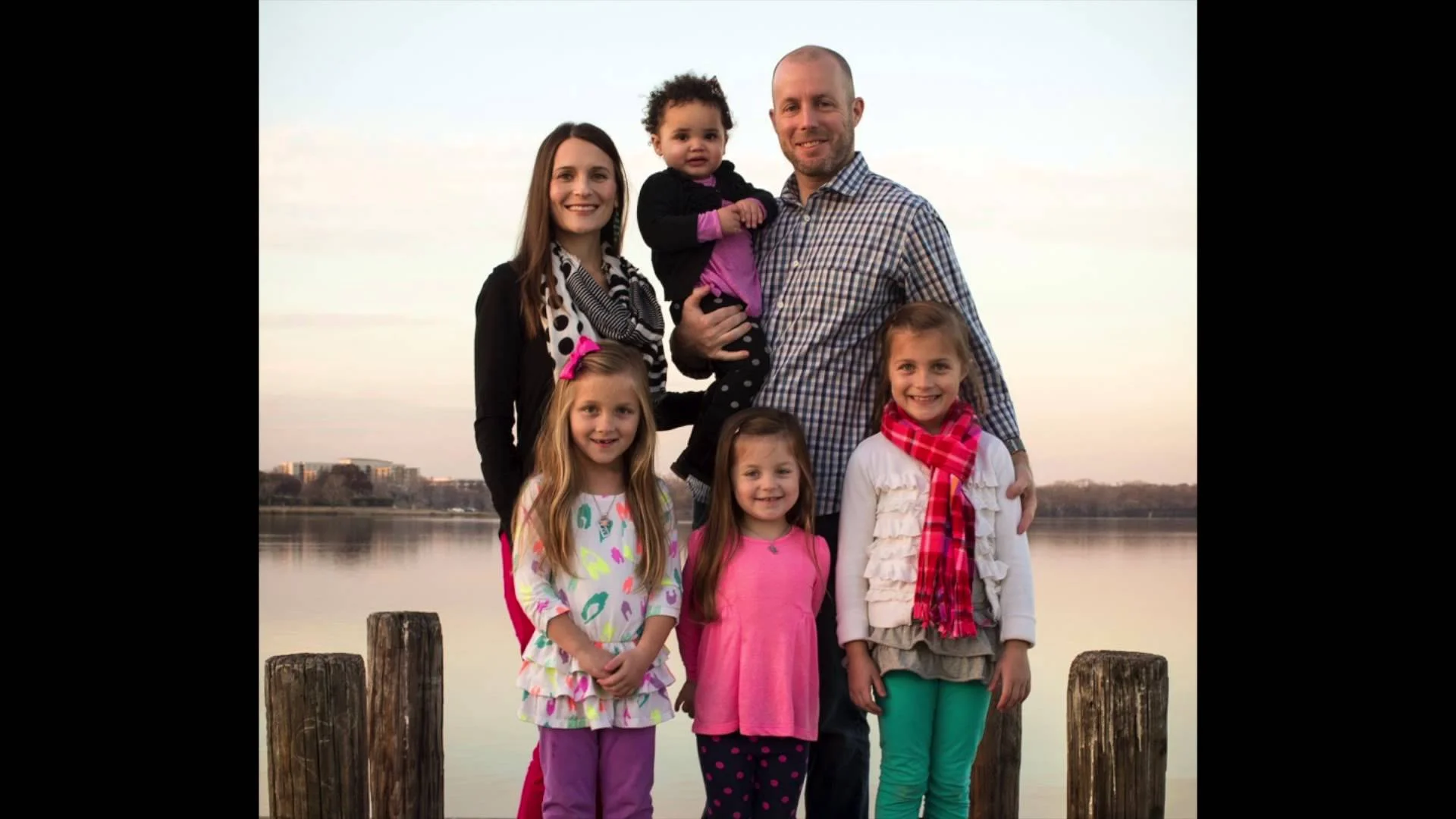It’s that time of year, when transitions happen: seasons close and new seasons begin. Maybe you’re a student who will be headed off to college in couple months. Maybe you got a new job. Maybe your employer transitioned you. Those are some of the many natural reasons that you might be leaving your church in the coming weeks.
Maybe you’ve left or are planning on leaving your church for entirely different reasons, though. Maybe your pastor is in a rut. Maybe the worship grates on you. Maybe you feel like you just don’t know anyone there any longer. Maybe you were injured by someone at the church and you tense up at the awkwardness of returning. Maybe you feel like you’re not getting spiritually fed there any longer.
In this four part series we will explore appropriate reasons for leaving a church, how to leave a church, how to choose a church, and how to join a church.
Let’s explore some of the most common reasons[i] people leave the church and reflect whether they are appropriate or not.










